Lagos-Calabar Coastal Highway: Boosting Connectivity And Economic Growth In Nigeria
 November 05, 2024
November 05, 2024  0 Comments
0 Comments
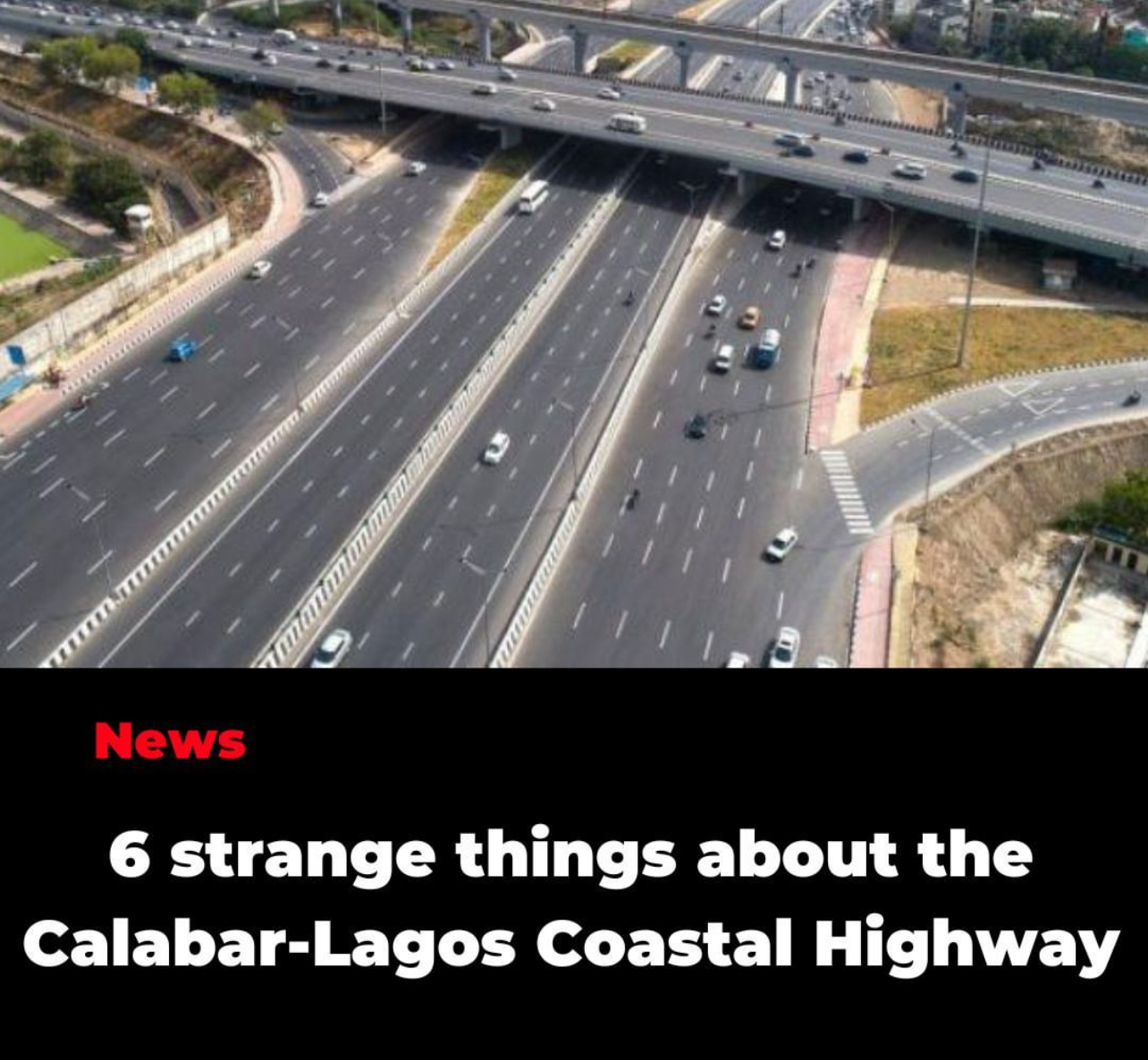
Let look into the Lagos-Calabar Coastal Highway: Boosting Connectivity and Economic Growth in Nigeria
Introduction to the Lagos-Calabar Coastal Highway
The Lagos-Calabar Coastal Highway is a major infrastructure project aimed at improving connectivity along Nigeria’s coastline. Spanning the distance from Lagos, the country’s largest city, to Calabar, an important hub in the southern region, this coastal highway is poised to transform transportation and economic activities. As part of Nigeria’s broader push toward infrastructural development, this highway will provide faster and more efficient routes, facilitating trade and tourism along the country’s coast.
Coastal highways are vital for unlocking the economic potential of coastal regions. They create new opportunities for investment, reduce travel time, and enhance logistics. In the case of Nigeria, where transportation infrastructure has lagged behind its economic ambitions, the Lagos-Calabar Coastal Highway promises to bridge significant gaps in connectivity and stimulate economic growth.
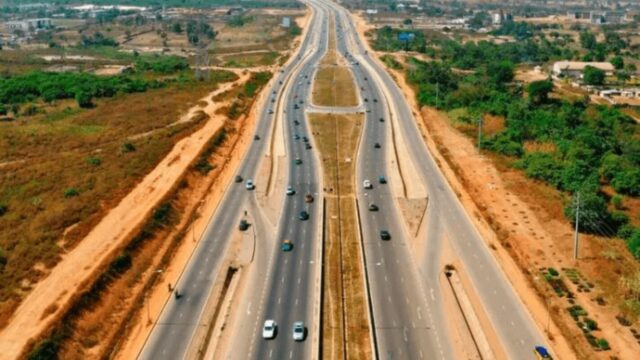
History and Background of the Project
The Lagos-Calabar Coastal Highway has its origins in various national development plans dating back several decades. Initially conceived as a part of Nigeria’s effort to strengthen its transportation infrastructure, the project gained momentum with the government’s long-term development goals. Early discussions were held about connecting the two key cities of Lagos and Calabar via a modern road that would pass through multiple coastal towns and economic hubs.
Key stakeholders involved in the project include the Nigerian government, local contractors, international investors, and regional partners. Over time, the need for a coastal highway became increasingly evident as inland routes became congested and inefficient for moving goods between key economic centers.
Government efforts have been bolstered by international collaborations, with funding and expertise coming from both local and foreign entities. As a key infrastructure project, the Lagos-Calabar highway forms part of Nigeria’s vision for sustainable economic growth through enhanced transportation.
The Route of the Lagos-Calabar Coastal Highway
The Lagos-Calabar Coastal Highway covers a strategic route that connects Nigeria’s largest urban center, Lagos, to Calabar, a prominent city in the southeastern region. The highway spans hundreds of kilometers, crossing through coastal cities and towns such as Ijebu Ode, Benin City, Warri, Port Harcourt, and Uyo. These cities play critical roles in Nigeria’s economy, particularly in the oil, gas, and agricultural sectors.
This route will directly impact coastal communities, providing access to modern infrastructure that has been sorely lacking in many of these areas. The project aims to connect seaports, inland towns, and rural areas, allowing for smoother transportation of goods and people. Additionally, the highway is expected to offer scenic coastal views, attracting tourists to discovered the regions.
Importance of the Highway to Nigeria’s Economy
The Lagos-Calabar Coastal Highway is expected to significantly enhance Nigeria’s economy. By facilitating trade between the major economic centers of Lagos and Calabar, the highway will make it easier to transport goods and services across the country, particularly from coastal regions. The highway will serve as a vital link for businesses, promoting commerce in industries like agriculture, oil and gas, and manufacturing.
Additionally, by providing better connectivity to seaports and inland cities, the Lagos-Calabar highway will improve logistics efficiency. This will reduce transportation costs for businesses and encourage foreign investments, particularly in sectors that rely heavily on shipping. The improved road network will also enhance access to local markets, benefiting small and medium-sized enterprises (SMEs) and helping to alleviate poverty in rural areas.
Environmental and Social Impact
While the Lagos-Calabar Coastal Highway offers numerous economic benefits, it also poses potential environmental and social challenges. Construction of the highway may disrupt coastal ecosystems, impacting local wildlife, wetlands, and mangroves. Concerns about environmental degradation have led to calls for sustainable construction practices that minimize the negative effects of the project on the natural environment.
On the social side, the highway is expected to generate thousands of jobs, both during its construction and afterward, in maintenance and related sectors. Reduced travel time between cities and towns will make daily commuting easier and more efficient, enhancing quality of life for local residents. However, there are also concerns about displacement, as communities along the proposed route may be forced to relocate. Proper compensation, resettlement plans, and community engagement will be crucial in addressing these issues.
Project Funding and Development
The Lagos-Calabar Coastal Highway project has drawn attention from local and international investors. The Nigerian government is collaborating with private sector players and international financial institutions to fund this multi-billion-dollar project. Funding has been sourced from a combination of government budgets, foreign direct investments (FDIs), and public-private partnerships (PPPs).
International partnerships have played a key role in the development of the project, bringing in advanced technology, expertise, and resources. Timelines for the project are divided into stages, with certain phases already underway, while others are scheduled to follow as funding and logistics are finalized. The project has been prioritized by the government as part of Nigeria’s national infrastructure development agenda.
Lagos-Calabar Coastal Highway and Nigeria’s Tourism
The Lagos-Calabar Coastal Highway is set to unlock vast tourism potential along Nigeria’s coastline. With easier access to coastal regions and cities, the highway is expected to boost tourism in areas that were previously harder to reach. Attractions like beaches, historical landmarks, and natural reserves along the route will likely see increased visitors, creating opportunities for local businesses and entrepreneurs.
The enhanced road infrastructure will connect major tourist destinations such as the Cross River National Park and the Afi Mountain Wildlife Sanctuary in Calabar. In addition, the highway will provide direct access to smaller communities, which can benefit from tourism through cultural heritage sites, festivals, and eco-tourism initiatives. This development could bring much-needed revenue to these regions, helping diversify Nigeria’s economy.
The Role of Technology in the Highway Development
Technology plays a pivotal role in the construction and future management of the Lagos-Calabar Coastal Highway. Modern road construction techniques, including eco-friendly materials and methods, are being employed to minimize the environmental footprint. The use of smart technology in infrastructure development will also enhance road safety, improve traffic management, and ensure smoother transport flows.
Smart transportation systems will allow for real-time monitoring of traffic conditions, accidents, and road quality, providing valuable data for maintenance and improving road safety. Additionally, toll booths and other service points along the highway may implement cashless systems, reducing the likelihood of delays and enhancing efficiency. This integration of technology will make the Lagos-Calabar highway one of the most advanced roads in West Africa.
Challenges and Delays in Construction
Like many large infrastructure projects, the Lagos-Calabar Coastal Highway has faced several challenges and delays. Initial delays were caused by a variety of factors, including funding gaps, political uncertainties, and logistical obstacles. Environmental concerns, as well as disagreements between local communities and government agencies, have also contributed to the slow progress of construction in certain sections of the highway.
Political instability in some regions, coupled with economic fluctuations, has caused further complications. However, the Nigerian government and its partners have been working to resolve these issues. Solutions include sourcing additional funding, improving community engagement, and addressing environmental regulations to ensure the project moves forward.
Benefits to Nigeria’s Logistics and Transportation Sector
The Lagos-Calabar Coastal Highway will be a game-changer for Nigeria’s logistics and transportation industries. Currently, many businesses face high transportation costs due to poor road networks, particularly in rural and coastal areas. This highway will provide a more efficient route for transporting goods between key economic hubs like Lagos and Calabar, as well as to inland cities and ports.
By reducing travel time and increasing the efficiency of supply chains, the highway will make it easier for businesses to transport raw materials and finished goods across the country. Industries such as agriculture, oil, and manufacturing will experience significant savings on logistics costs. The highway will also help integrate Nigeria more deeply into the West African logistics ecosystem, strengthening the country’s role as a regional transportation hub.
Comparisons with Other African Coastal Highways
The Lagos-Calabar Coastal Highway is part of a broader trend in Africa, where several countries are investing in coastal highways to boost trade and connectivity. Countries like Kenya, South Africa, and Ghana have undertaken similar projects to develop their coastal regions. For example, Kenya’s Mombasa-Nairobi Highway has been instrumental in boosting the country’s economy by facilitating trade between its ports and inland cities.
The Lagos-Calabar Coastal Highway will follow a similar path, enhancing regional trade and tourism while improving access to previously isolated areas. Lessons learned from these other African coastal highway projects, such as efficient funding models and strategies to overcome environmental challenges, can be applied to ensure the success of the Lagos-Calabar project.
Public Opinion and Stakeholder Views
Public opinion about the Lagos-Calabar Coastal Highway has been generally positive, with most Nigerians welcoming the infrastructure improvements it promises. Business leaders and local communities see the highway as a way to boost economic activity and open up new markets. Tourism operators are particularly excited about the potential for increased visitor traffic to Nigeria’s coastal attractions.
However, some concerns remain, particularly from environmental activists and communities that may be displaced by the construction. These groups have raised issues related to the environmental impact of the highway and the potential loss of land for local farmers and fishermen. Transparent dialogue between the government, local communities, and stakeholders will be crucial to addressing these concerns and ensuring that the project benefits everyone involved.
Potential Future Expansions and Projects
The Lagos-Calabar Coastal Highway is not only a standalone project but could also serve as a foundation for future infrastructure expansions in Nigeria. Once completed, there are plans to extend the highway to connect with other regional road networks across West Africa. This would further enhance Nigeria’s position as a central logistics and transportation hub in the Economic Community of West African States (ECOWAS).
Additionally, there are discussions about linking the highway with other major national infrastructure projects, such as railways and inland highways, to create an integrated transportation network. This could include building feeder roads to connect more remote communities to the coastal highway, thus ensuring broader access to economic opportunities. Such expansions would align with Nigeria’s broader goals for regional integration and economic diversification.
Economic Forecast: Long-Term Benefits for Nigeria
The Lagos-Calabar Coastal Highway is expected to deliver substantial long-term economic benefits for Nigeria. By improving transportation infrastructure, the highway will reduce travel time, lower the cost of goods transportation, and increase trade efficiency. This, in turn, will stimulate growth in sectors such as agriculture, tourism, and manufacturing.
According to economic forecasts, the highway could boost Nigeria’s GDP by improving trade both within the country and across borders. As businesses become more efficient and markets more accessible, the project will create jobs, increase exports, and attract foreign direct investment. Over time, these factors are likely to contribute to Nigeria’s economic stability and growth, particularly in regions that were previously isolated or underdeveloped.
How the Highway Aligns with Nigeria’s National Development Plans
The Lagos-Calabar Coastal Highway aligns with Nigeria’s broader national development goals, particularly those outlined in the country’s Vision 2020 and subsequent development frameworks. Infrastructure development is a key pillar of these plans, as the government seeks to improve transportation, energy, and technological systems to drive economic growth and reduce poverty.
By connecting key urban centers and unlocking economic opportunities in coastal and rural areas, the highway supports Nigeria’s long-term goals for regional integration, economic diversification, and sustainable development. It also complements other national and regional projects, such as the African Union’s Agenda 2063, which seeks to boost intra-African trade and improve infrastructure across the continent.
Conclusion: The Future of Nigeria’s Infrastructure and Economic Growth
The Lagos-Calabar Coastal Highway is a transformative project that holds the potential to reshape Nigeria’s economy, infrastructure, and connectivity. By linking the major cities of Lagos and Calabar, the highway will facilitate smoother transportation of goods and people, boosting trade, tourism, and economic development in coastal regions. The project promises long-term benefits for Nigeria’s economy, from job creation and reduced travel costs to improved access to international markets.
As the highway nears completion, it is important for stakeholders to remain committed to sustainable construction practices, community engagement, and long-term planning to maximize its positive impact. In the coming years, the Lagos-Calabar Coastal Highway will likely be a key driver of Nigeria’s growth, helping the nation achieve its ambitious development goals.
FAQs
1. What is the Lagos-Calabar Coastal Highway? The Lagos-Calabar Coastal Highway is a major infrastructure project in Nigeria designed to connect Lagos, the largest city, with Calabar, a key southeastern hub, improving transportation, trade, and tourism across the coastal regions.
2. What are the economic benefits of the Lagos-Calabar Coastal Highway? The highway will reduce transportation costs, improve logistics, boost tourism, and create jobs, contributing to Nigeria’s long-term economic growth, particularly in coastal and underdeveloped regions.
3. How will the highway affect Nigeria’s tourism industry?The highway will improve access to coastal tourist destinations, making it easier for visitors to explore Nigeria’s natural attractions and cultural sites, thus boosting the tourism sector.
4. What are the environmental concerns surrounding the project? The construction of the highway may impact coastal ecosystems, leading to concerns about habitat destruction, wildlife disruption, and environmental degradation. Sustainable practices are being called for to mitigate these effects.
5. How does the Lagos-Calabar Coastal Highway fit into Nigeria’s national development plans? The highway aligns with Nigeria’s long-term national development strategies, such as Vision 2020 and Agenda 2063, by improving infrastructure, boosting trade, and supporting regional integration.







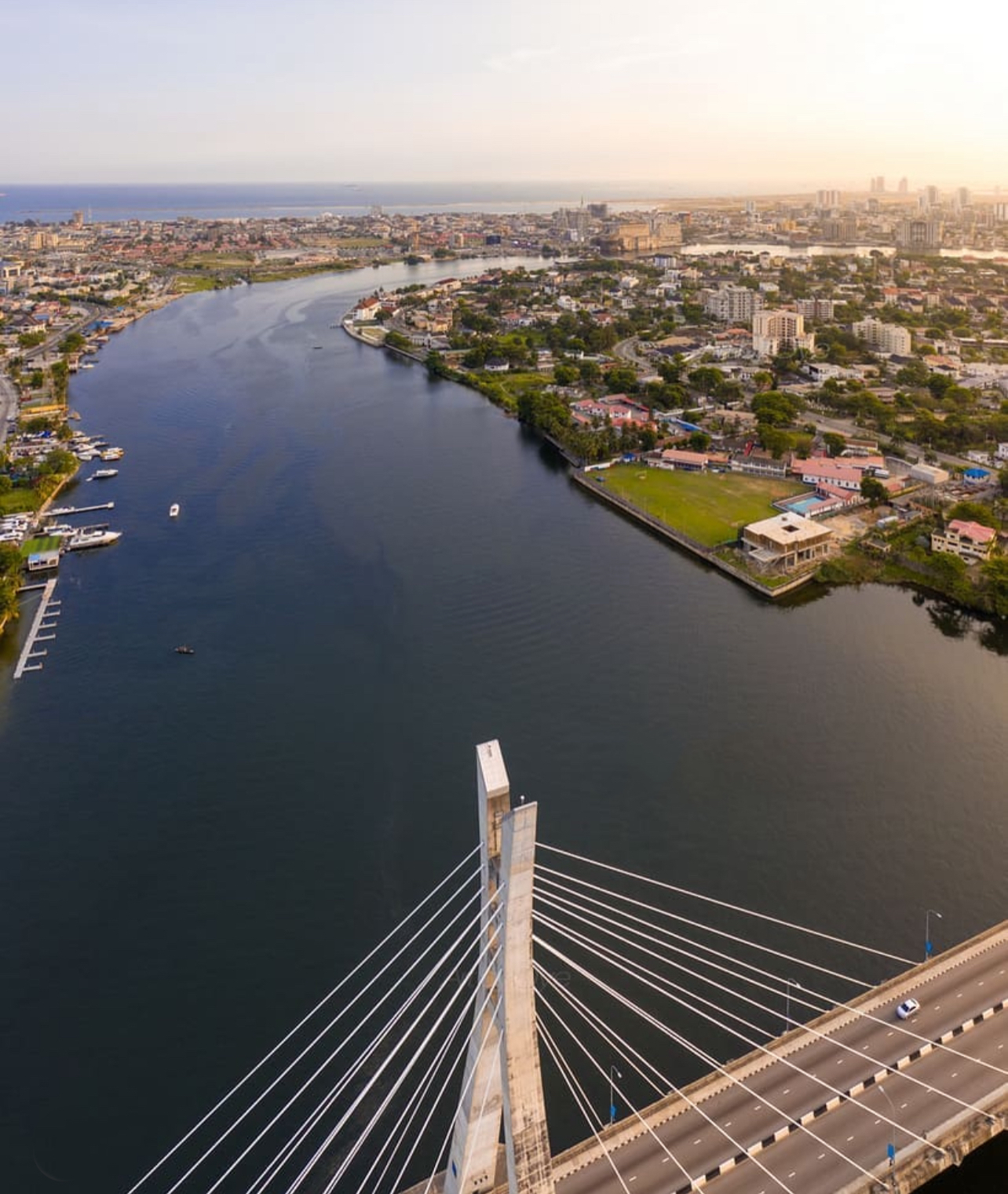



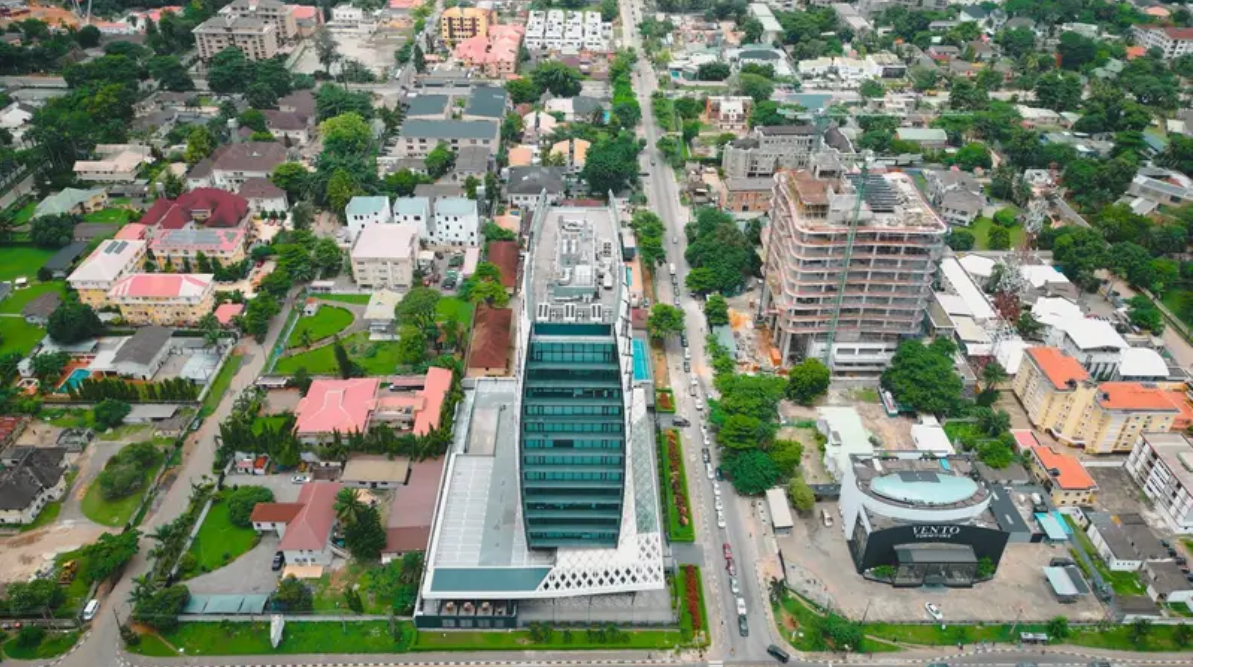
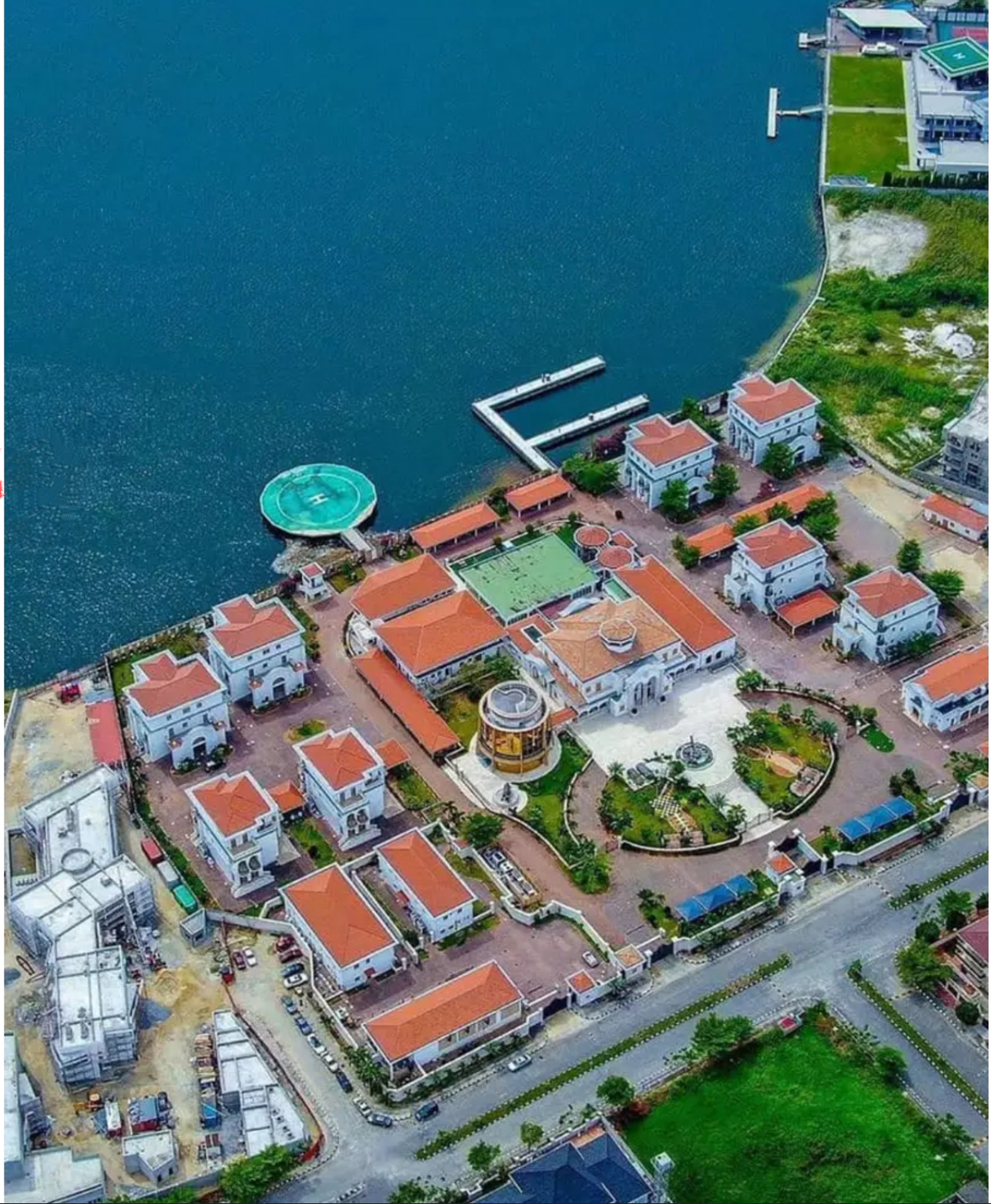
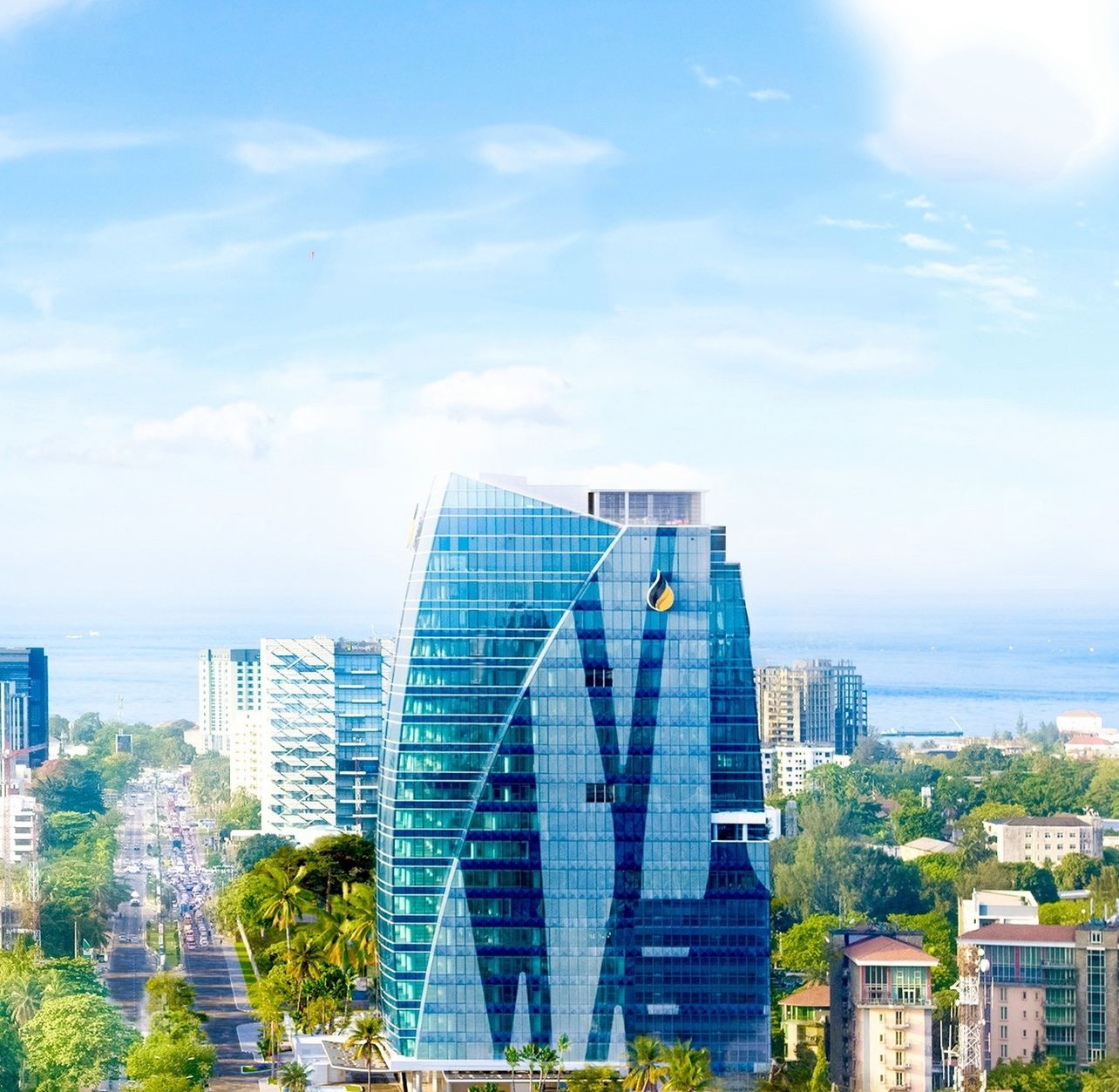







Leave a Comment